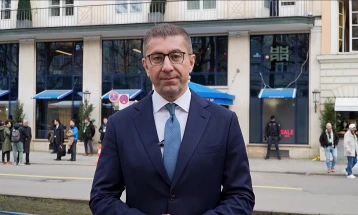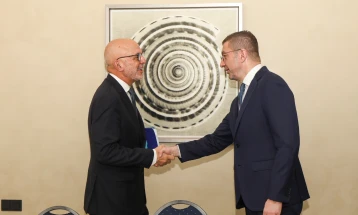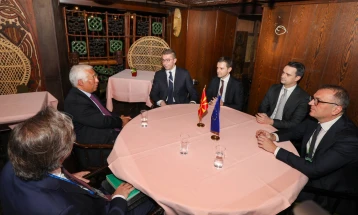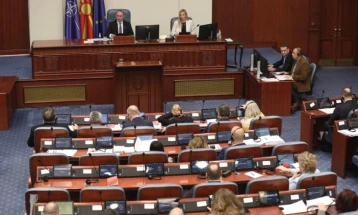Clemens Koja: The Ohrid Framework Agreement at twenty
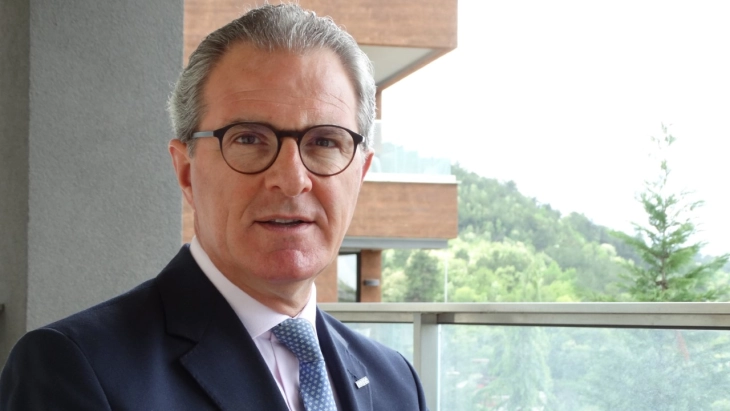
21 August 2021
The Ohrid Framework Agreement (OFA) was an ambitious effort not just to stop the fighting that convulsed the country in 2001, but also to provide a blueprint for a future, more inclusive society.
The OSCE was working in the country to support the principles set out in the Agreement even before it was signed. Inclusion of local self-government reform in the document owes much to the participation of Max Van der Stoel, the OSCE Chairperson in Office's personal envoy, in the Ohrid negotiations. In his previous role as the OSCE’s first High Commissioner for National Minorities, Ambassador Van der Stoel visited the country more than fifty times from 1993-2001, working, among other things, to support multi-lingual university education. This effort was crowned with success when passage of the law on education, prescribed in the Agreement, opened the way to the founding of the South East European University.
As called for in Annex C of the Agreement, the OSCE has been particularly active in the areas of confidence building and police reform. We deployed our international monitors and police advisors to sensitive areas in the initial post-conflict phase, facilitating the gradual and coordinated redeployment of police from 22 October 2001. We have also been dedicated to the principle of equitable representation in the country’s police service. The OFA explicitly called on us to assist in building a police service that reflected the country’s diverse communities, and in the first few years after the Agreement was signed OSCE instructors were instrumental in training more than 1,000 new police officers from the non-majority communities.
We also supported decentralization and the strengthening of local self-government. On 1 July 2005, power and competencies were transferred to municipal governments, with the OSCE working to facilitate this process through capacity-building training for municipalities. In line with decentralization and the law on languages set out in the OFA, there are now municipalities where Albanian, Turkish, Romani, Aromanian, and Serbian have co-official status with Macedonian. This would not have been possible prior to the signing of the Agreement.
The OSCE has supported many other initiatives to increase social cohesion, further democratization, increase tolerance and equality, and improve the functioning of state institutions and the judiciary. In all of this work, we have been guided by the principles of equitable representation and multi-ethnicity enshrined in the Ohrid Framework Agreement.
While it is clear that the Ohrid Framework Agreement set the country on the path towards becoming an inclusive multi-ethnic state, it is equally clear that much remains to be done. Building social cohesion and democratic stability in multi-ethnic states requires sustained efforts, over decades. The OSCE remains committed to supporting you in this important work.
Ambassador Clemens Koja, Head of the OSCE Mission to Skopje
